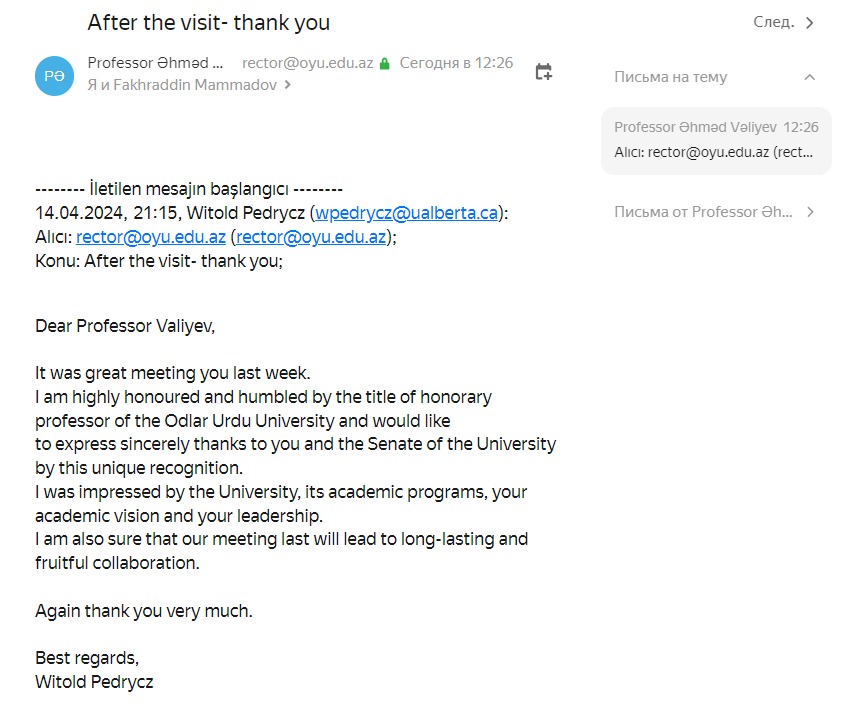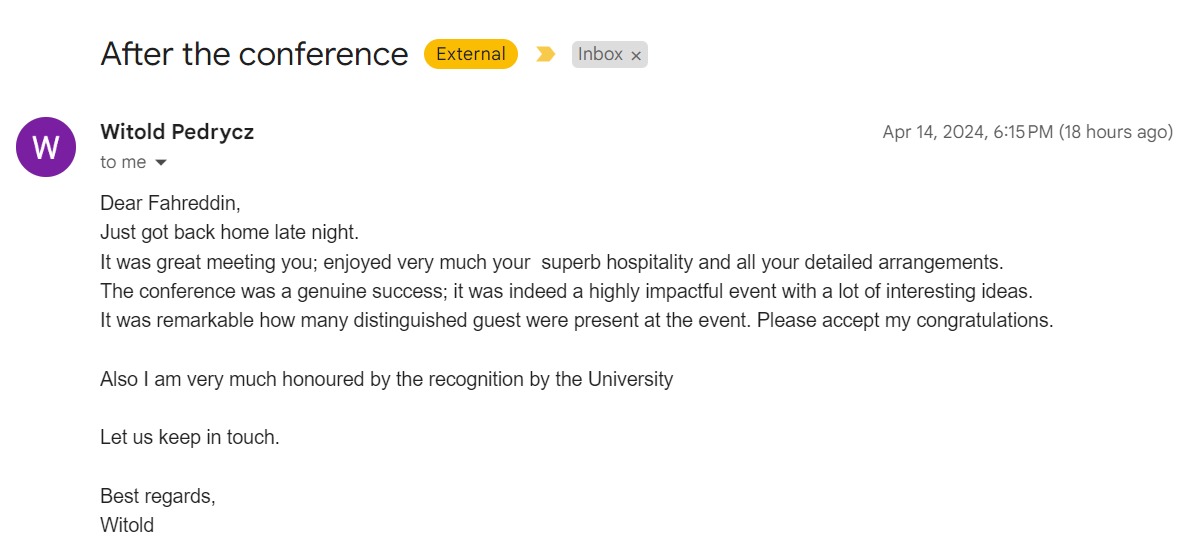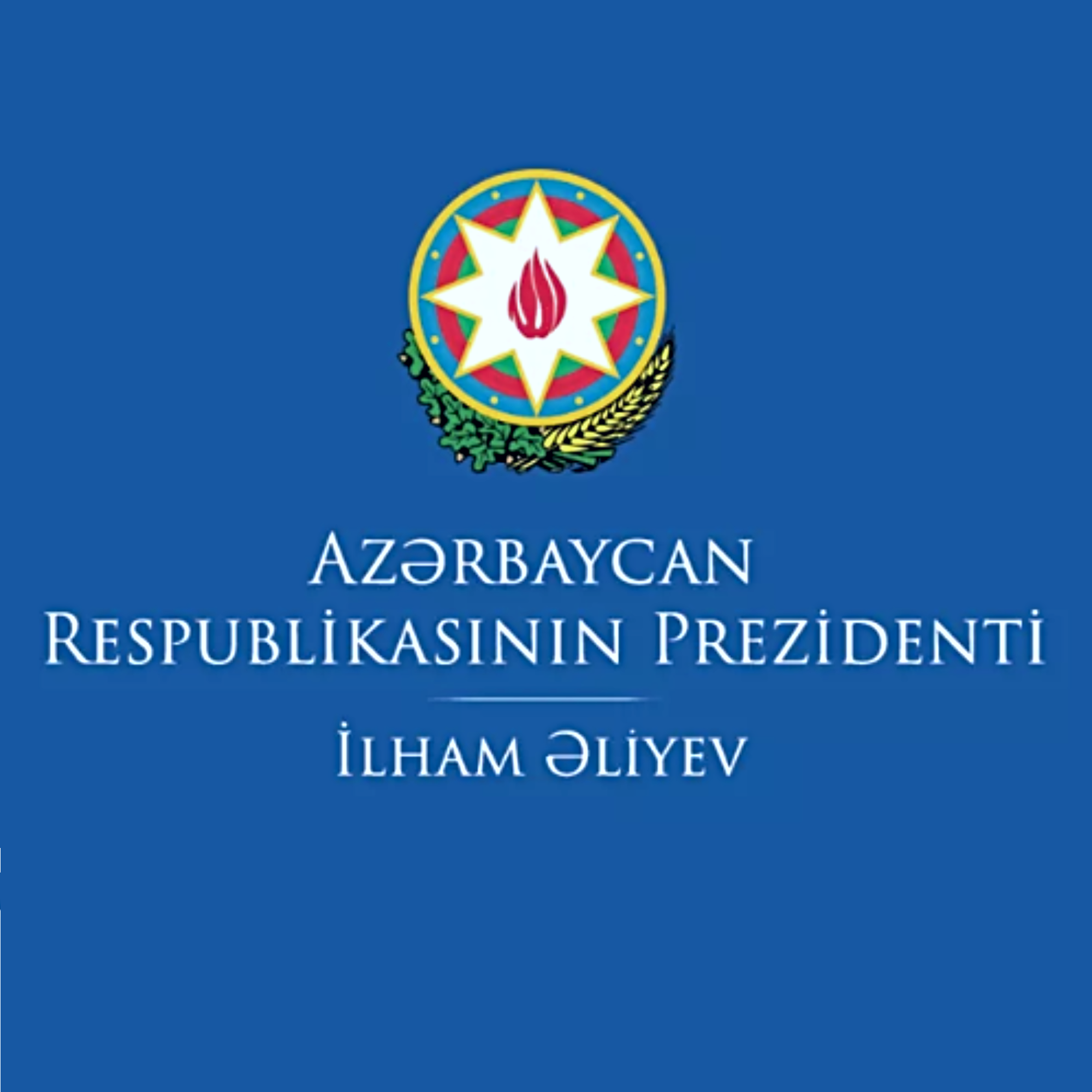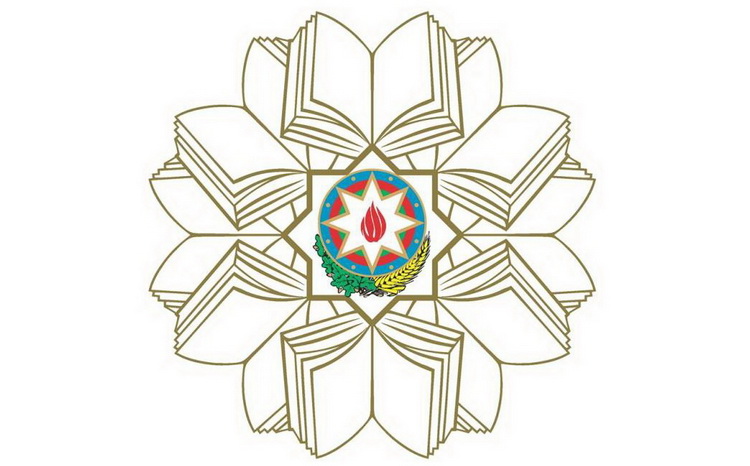



Design – Environmental Design
Description of the Specialization
The specialization "Design – Environmental Design" offered at the Master's level at Odlar Yurdu University is aimed at training specialized professionals in the functional and aesthetic planning of urban areas, landscapes, and open public spaces. Within this program, students are provided with theoretical knowledge and practical skills in environmental organization conforming to modern ecological requirements, human-space relations, visual communication in social space, and sustainable design principles. The specialization aims to design natural and artificial environments in a balanced way and enhance the quality of the living environment.
Main Objectives of the Specialization
-
Social and Ecologically Oriented Environmental Design: Creation of spaces that integrate sustainability, functionality, and aesthetic values.
-
Spatial Analysis and Project Design: Development of skills in planning and designing urban, landscape, and public spaces.
-
Design-Based Evaluation of Nature-Human-Environment Relationship: Understanding the socio-emotional impact of public and private spaces and integrating it into design concepts.
Structure of the Curriculum
The main modules taught within the program include:
-
Introduction to Environmental Design and Design Theories
-
Landscape Architecture and Urbanistic Approaches
-
Ecological and Sustainable Design Principles
-
Planning of Social and Public Spaces
-
Digital Modeling and Visual Presentation Technologies (SketchUp, Lumion, AutoCAD, etc.)
-
Portfolio and Project Work, Master's Thesis
Career Prospects
Graduates who have obtained a Master's degree in this specialization can pursue professional activities in the following areas:
-
Environmental Designer in urban planning and landscape design studios
-
Specialist in Project Design at construction and architectural companies
-
Expert in Public Space Design at municipal and state institutions
-
Curator and Consultant in landscape and green area projects
-
Instructor or Design Manager in creative centers and training programs
Acquired Skills
-
Creative thinking and design skills for the functional and aesthetic analysis of space
-
Developing design solutions by considering ecological, social, and technical indicators
-
Technical skills in digital visualization and presentation preparation
-
Approach to the socio-emotional space and human-centered design thinking
-
Project management and interdisciplinary collaboration skills
Duration of Study
The Master's program is implemented over a period of 2 years. During this period, students receive deep scientific and practical training in environmental design, covering both theoretical basis and complex project approaches.






